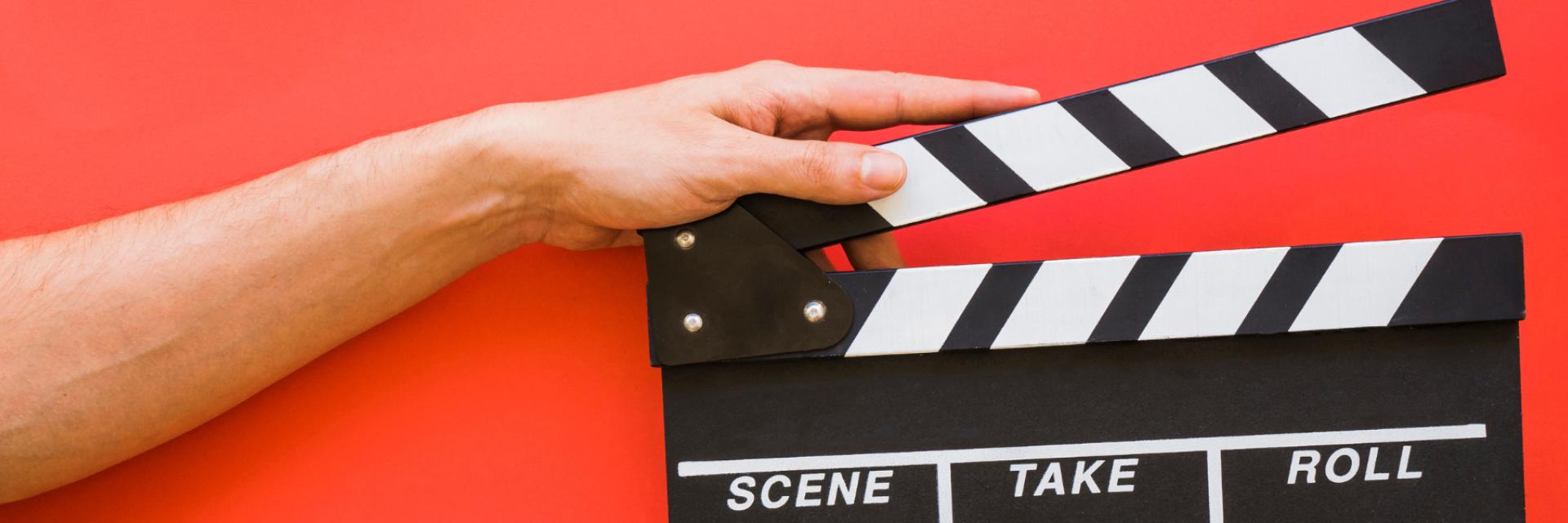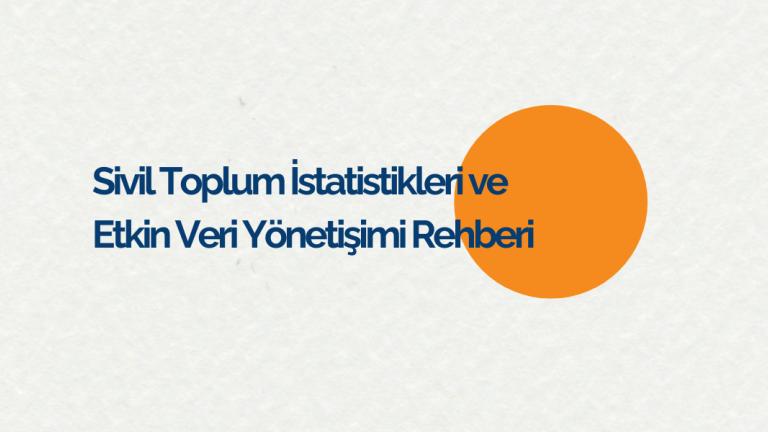
Good Governance, HR Management, and Leadership: A Different Perspective on Ireland
Between 6-28 June 2024, we organized a study visit to Dublin with 9 organizations participating in the BİRLİKTE Institutional Support Program. The theme of this meeting, which we organized to bring together civil society organizations in Turkey and Ireland and to share experiences around certain themes, was good governance, HR management and leadership.
Before sharing the details of this meeting with you, let me give a brief introduction about our partner: The Wheel, is an umbrella organization for civil society organizations in Ireland, where both service-providing and advocacy organizations and individuals working in every field can become members. The Wheel provides various supports to strengthen civil society and also undertakes the role of conveying and negotiating the wishes and needs of civil society to the governments.
Where did we visit and who did we listen to?
The theme of the meeting we organized with The Wheel was chosen from the topics of organizational capacity. We set off for Dublin on June 25th with representatives of 9 participating organizations from Ankara, Istanbul and Diyarbakır to listen to four different types of organizations on governance, HR management and leadership.
Our program started on June 26th at Europe House. We were welcomed by CathyAnne Fox from the Wheel with whom we organized the program, Ivan Cooper, CEO of the Wheel, Fergal Moran, Finance and Operations Director and Jon McBride, Governance Director. After a short opening speech by CathyAnne introducing the program, Ivan Cooper gave us a presentation on the structure of Irish civil society, the Wheel role in this structure and its governance model and answered our questions. Then, Governance Director Jon McBride made a presentation on The Wheel’s risk management, monitoring and reporting of processes and progress, and governance principles. We were particularly impressed by our Irish partner’s layered governance structure, which includes subcommittees established to connect the operational level with the management level, as it brings the principle of participation to life in organizational management.

During this visit, we also had the opportunity to get to know one of The Wheel’s programs, the Leadership Academy. The director of the academy, Sharon Hughes, provided information about the goals, activities, and structure of the academy. This leadership academy approaches leadership in a broader context and in four different dimensions, unlike the traditional sense. It focuses on determining our goals as individuals and organizations and acquiring the knowledge and skills to achieve them. It defines the tools for being one's own leader. This session raised different questions in all of our minds. While we continued to ponder these questions, we began planning to address them in broader meetings.
On the first day of our visit, we also met with The Wheel’s Finance and Operations Director, Fergal Moran. Fergal introduced us to HR management models that simultaneously consider the well-being of both employees and the organization.
The Wheel has a committee responsible for ensuring the well-being of its employees. Through employee support programs, they provide various expert supports to employees experiencing personal or work-related problems to help solve their issues. The recruitment and performance evaluation processes are also well-defined and systematic. The performance evaluation process consists of regular meetings and evaluations that create meaningful dialogue with employees, providing opportunities to discuss achievements and any skills that may need development. It sounds fantastic, doesn’t it?
On the second day in Dublin, we went to Carmichael House to listen to the governance models of different civil society organizations. Carmichael House is a civil society organization that provides offices, common areas, and resources to the civil society sector. Here, we listened to Róisín McGuigan discuss Carmichael’s governance model, HR management, and leadership approach. What caught our attention most in the Carmichael example were the free training support provided to employees. These trainings cover a wide range, from first aid training to domestic violence training for those in managerial positions. Additionally, a certain payment is made to employees who need consultancy services such as career coaching. To support transparency and accountability in the civil sector, they also give “good governance awards” to organizations every year.

Following this inspiring and motivating meeting, we had the opportunity to listen to Sylvester Murphy, CEO of Enclude, who provides customized technological supports to meet organizational needs in Irish civil society. Addressing the insufficient utilization of technology in civil society, this organization, founded by a group of mostly computer engineers, now offers various customized IT supports not only in Ireland but across Europe. They focus on building infrastructure across the civil sector with a long-term perspective, aiming to support the broader civil society. Their vision, holistic approach to the field, and contributions to the civil sector deeply impressed us.
For the final presentation of the second day, we listened to Freda Manweiler, director of Smashing Times. Smashing Times is an interdisciplinary structure that supports human rights and equality through providing resources, networks, and support to artists. They engage in activities expressing human rights and equality through artistic means, involving diverse groups such as women and youth. Their collaborative artistic activities in Europe, including Turkey, aim to support human rights through advocacy and cultural events, such as the annual Dublin Arts and Human Rights Festival. Their impactful work at the intersection of human rights advocacy and cultural arts provided us all with inspiration on how similar initiatives could be organized in Turkey.
On the final day, we enjoyed a delightful city tour. Our tour guide was a former drug addict who spent his childhood and youth in petty crime. Through various programs provided by civil society, he overcame his addictions and now shares the untold stories of Dublin's less known places, narrating the city tours based on his personal experiences. Thus, we not only heard stories about Dublin Castle but also about the back streets behind the castle. After the city tour, groups dispersed to shop, visit parks, pet deer, or enjoy conversations over beer. The following day, before our long journey back, we engaged in brief tourist activities.

What did we take away from the meeting?
This richly filled visit, the presentations we listened to, and the discussions that followed provided
us with an opportunity to compare Irish and Turkish civil society.
Ireland is a country with no tradition of a centralized state. Services such as education and health were provided by the church until the 1980s, then by civil society under the name of “charity”; today the state supports civil society financially and legally to do these things. The terminology and legal structures in Ireland are also different. Civil society receives most of its financial support from the government. Therefore, the focus is not only on projects but also on governance issues. The importance of transparency and accountability is emphasized both for the continuity of financial support from government and for donations from society. These principles are implemented through the establishment and operation of specific organizational systems.
Governance models, organizational structures, policies, employee relations, recruitment and performance evaluation processes are defined and systematic. The members of the Boards of Directors do not receive remuneration under any circumstances; they serve on a voluntary basis and rotate regularly at fixed intervals. In a society where one in eight people is a volunteer, it is not a problem to find volunteers for boards, as is the case in Turkey. Relationships with employees and support within the organizational structure are also crucial. Providing various support measures for employees to address both personal and workplace issues, offering training to improve their knowledge and skills and performance evaluation based on mutual dialogue were points of interest for us.
On the other hand, Turkey has a very strong tradition of state control. This leads to strict state control over all aspects of civil society activities, including the "decision register"," and their determination by the state. Unlike in Ireland, civil society in Turkey does not so much co-operate with the state as it is in a permanent lobbying position to demand basic rights and freedoms.
The limited financial support from the state and the restrictions imposed by fundraising laws mean
that organizations focus on fundraising and consequently on projects. This often leads to governance issues taking a back seat.
Management models, recruitment processes, feedback mechanisms and even job descriptions are often unclear or arbitrary in Turkey. This affects both the well-being of employees and the organization itself, hinders the development of a supportive organizational culture and inhibits the growth and strengthening of organizations. We tend to think of concepts such as leadership, performance appraisal and HR management as belonging to the private sector and distance ourselves from them. However, we struggle to develop alternative mechanisms that are appropriate for our own cultures. We also often find it difficult to devote time and resources to developing systems that protect both our people and our organizations.

In conclusion;
Whilst this meeting has given us all different thoughts, we have once again realized that there is still a lot of work to be done and many issues to discuss. As BİRLİKTE Program, we will continue to focus on good governance, discuss the issue with our organizations and provide institutional support. The topics chosen as the theme of the meeting were those that our organizations specifically wanted us to address during this implementation period. We also discussed these topics in the "Civic Space Talks" workshops that we organized within the scope of BİRLİKTE Learning Community activities. Our publication, which summarizes these discussions and focuses on rights and organizational well-being in civic space, is currently being written by the BİRLİKTE organizations. We will also be incorporating the experiences we have had in Ireland into this publication. Stay tuned.

Lastly during this visit, we were accompanied by Ceren Akçabay Karataş from Aramızda, the Association for Gender Research, Serhat Kaçan from the Civil Society in the Penal System Association, Gamze Rezan Sarışen from the The Association for Monitoring Equal Rights, Emine Şimşek from the Hevi LGBTI+ Association for Rights Equality Existence, Yağmur Şenoğuz from the
Positive Living Association, Berna Akkızal from the Civic Space Studies Association, Oğulcan Yediveren from the Social Policy, Gender Identity, and Sexual Orientation Studies Association, Özge Mumcu Aybars from the Uğur Mumcu Investigative Journalism Foundation and Dilek Akyapı from the Zan Foundation for Social, Political and Economic Studies. We would like to thank our accompanying organisations once again for their participation, contributions and cooperation. It was wonderful to be together again. We hope that we will continue to discuss good governance together in the coming period...

STGM Studio
We have good news for CSOs that want to produce video content. In our studio in our office, you can shoot your videos and get editing support.





